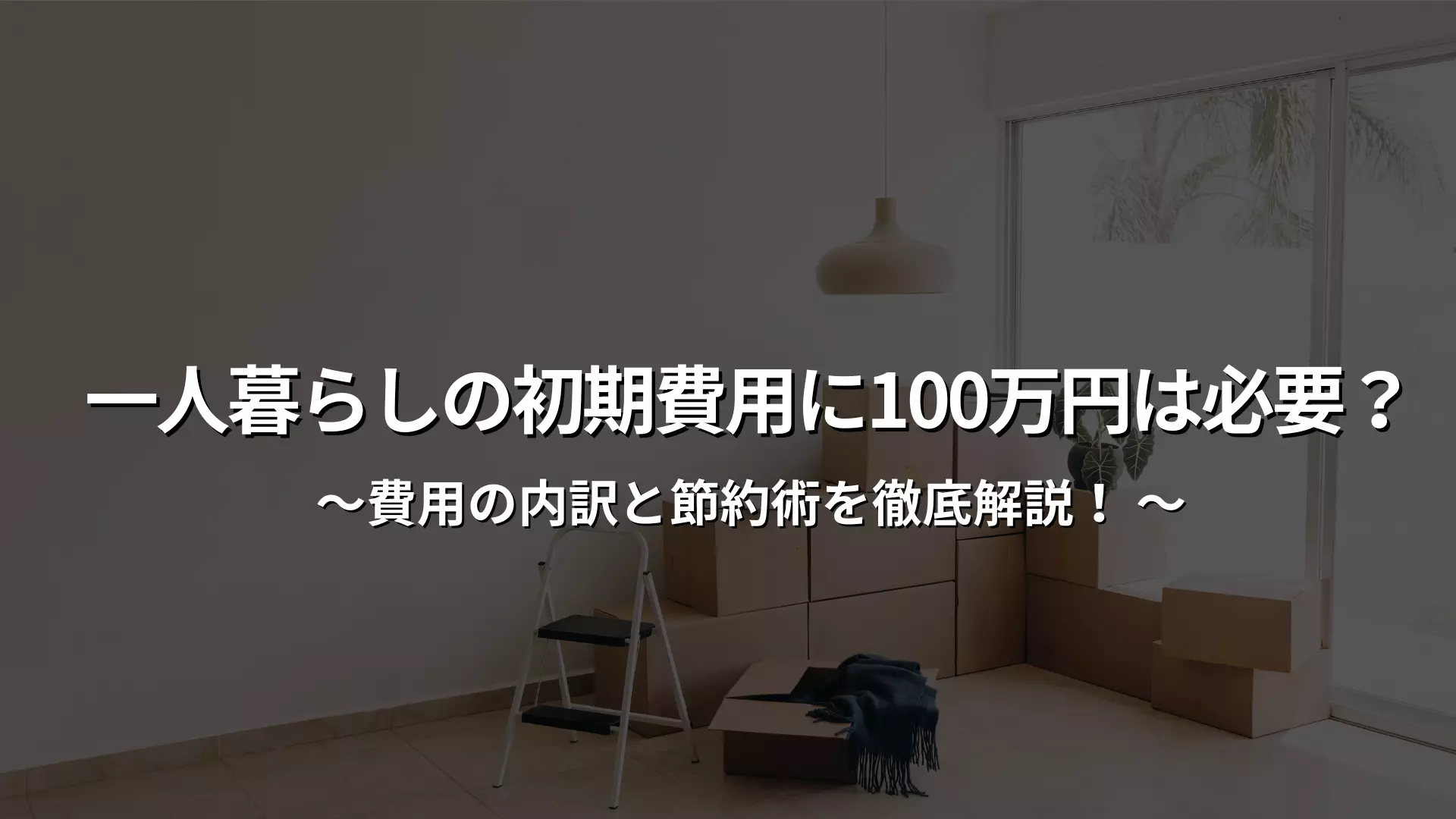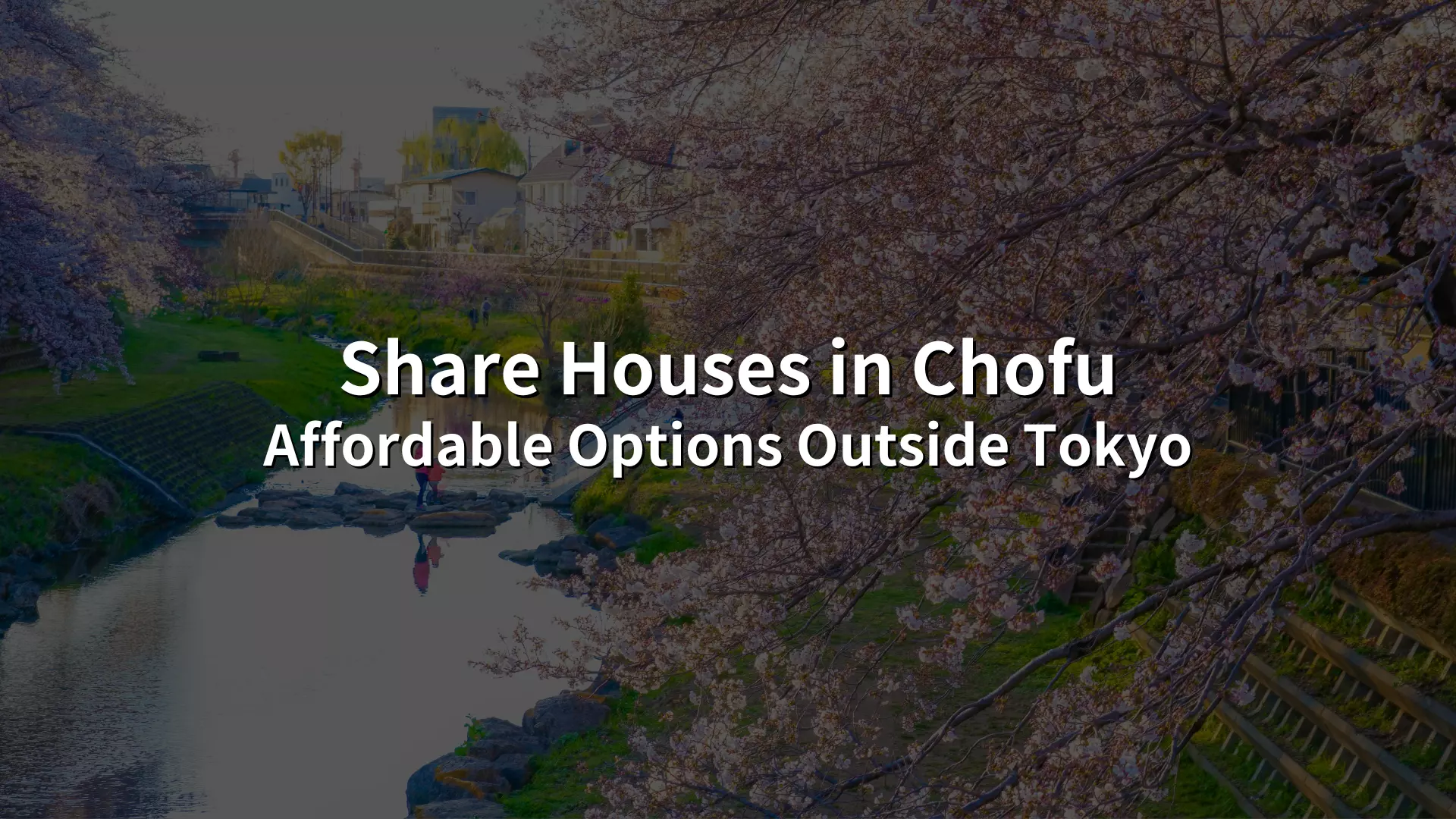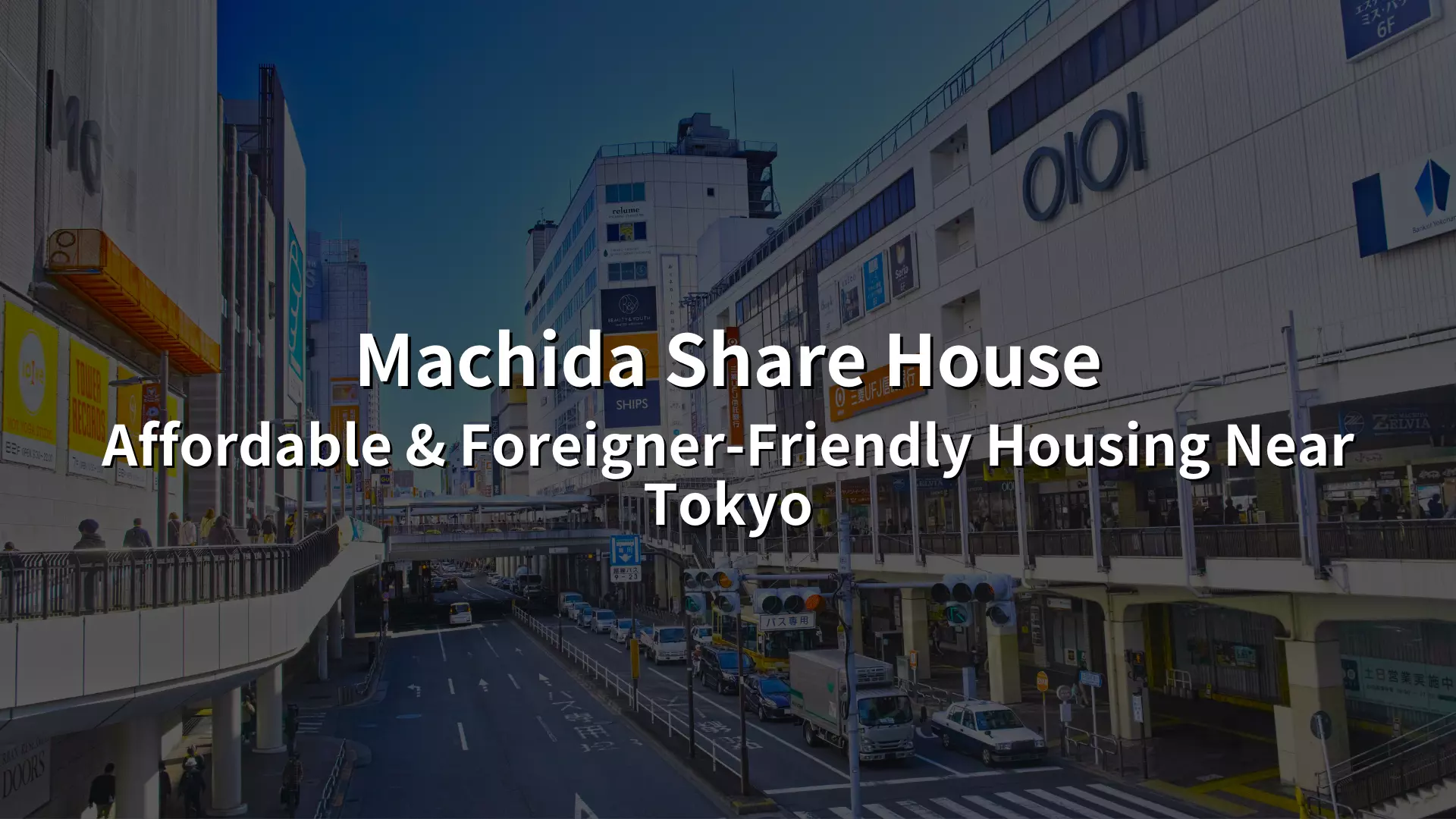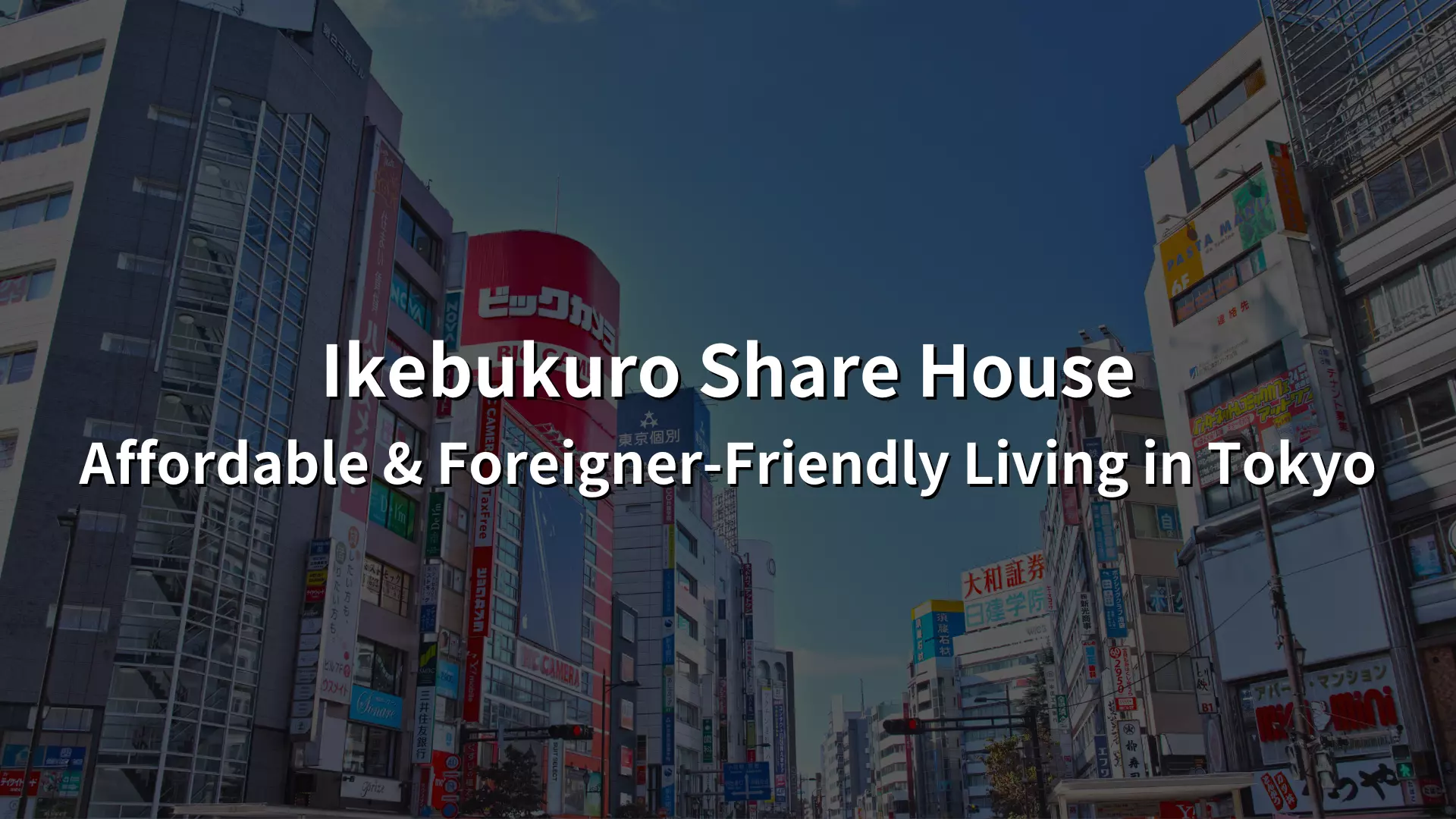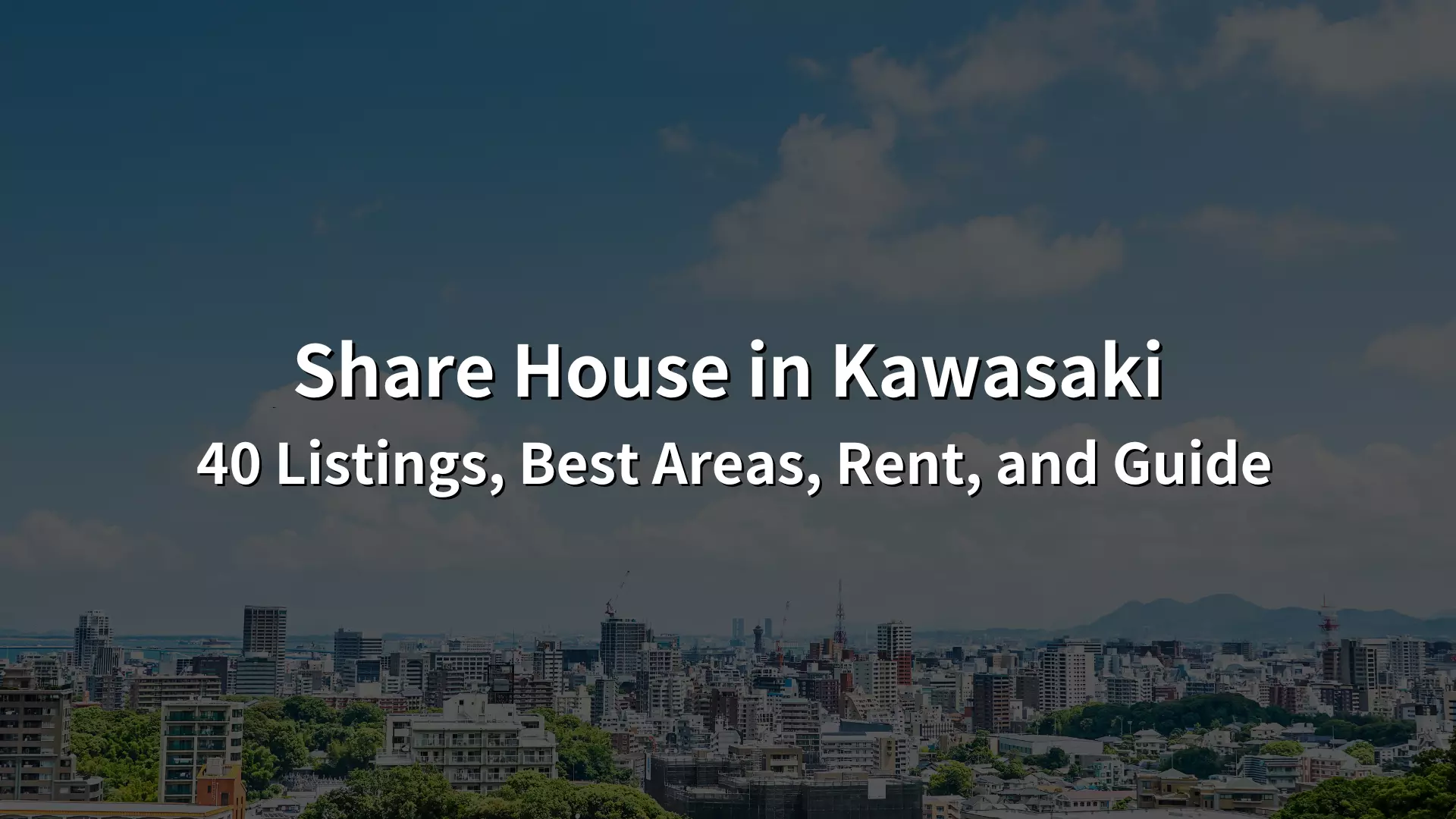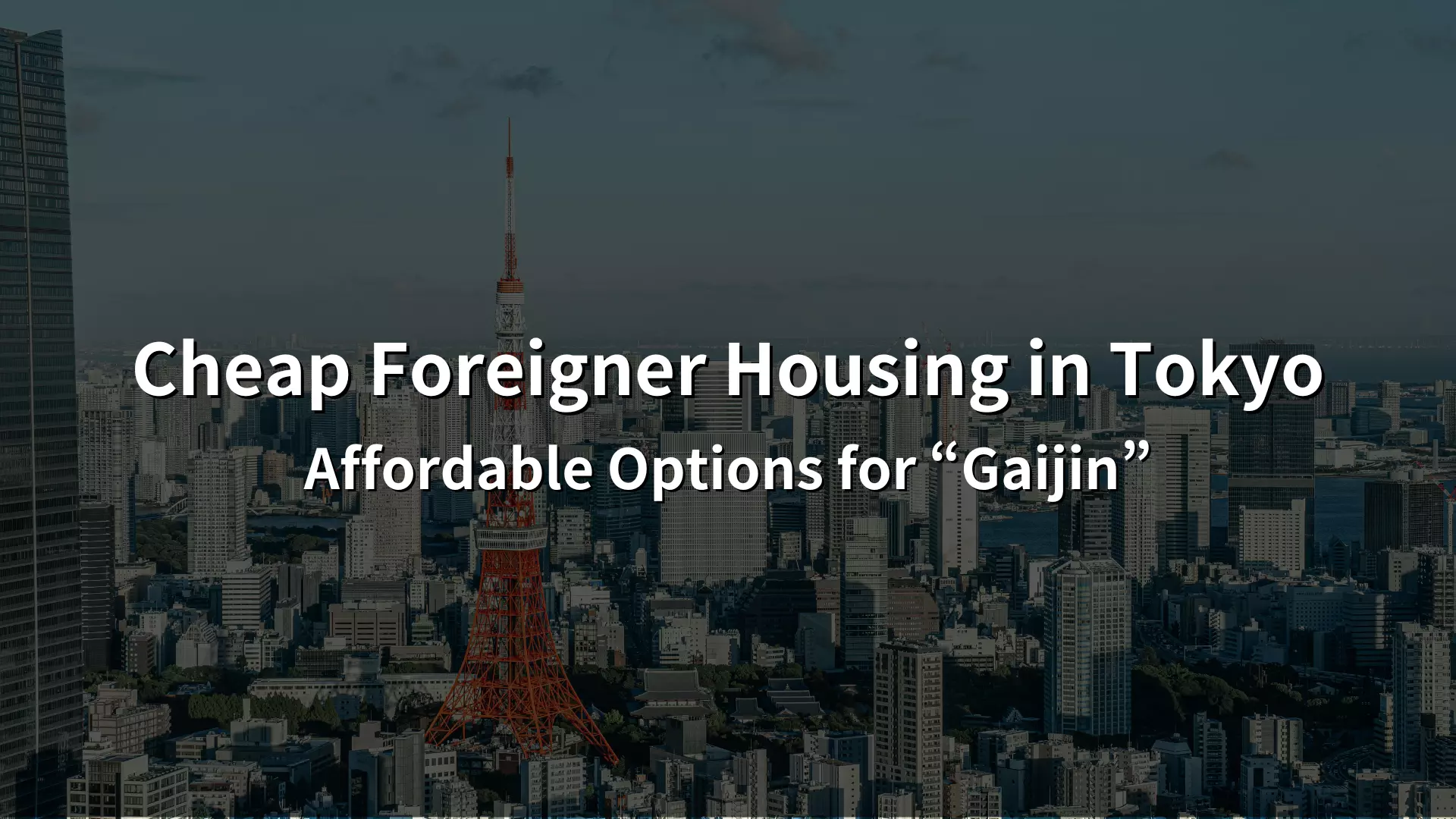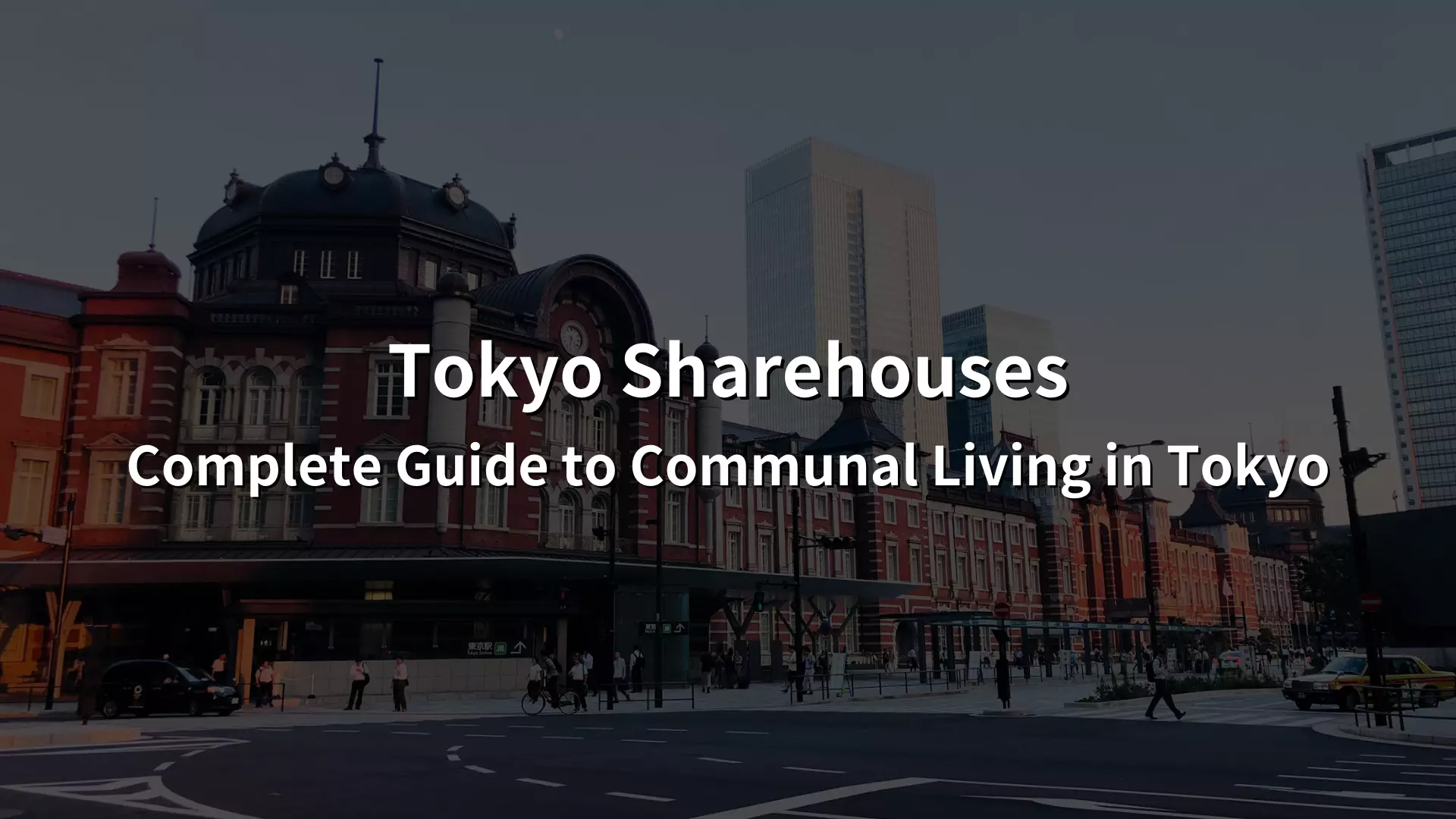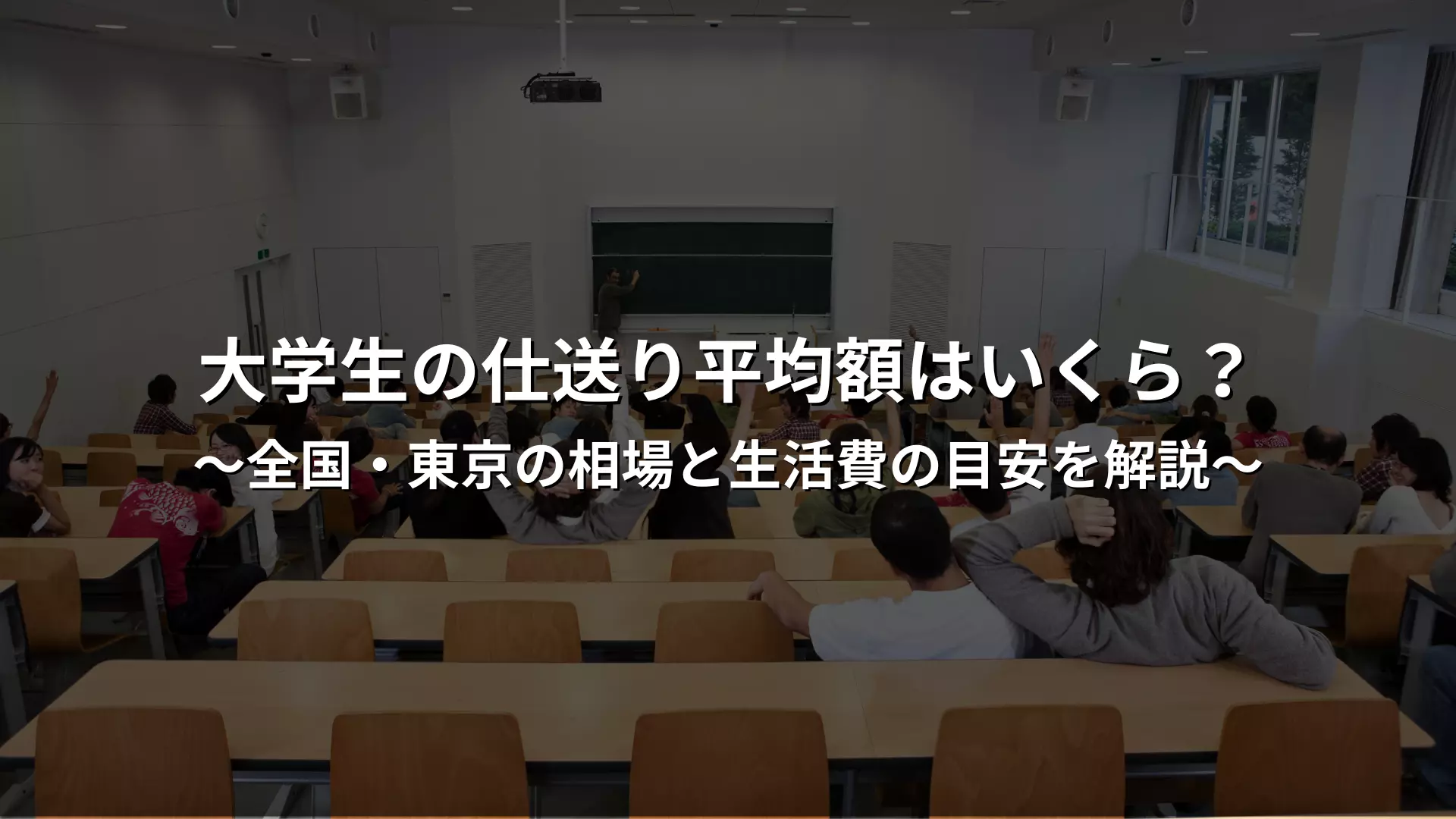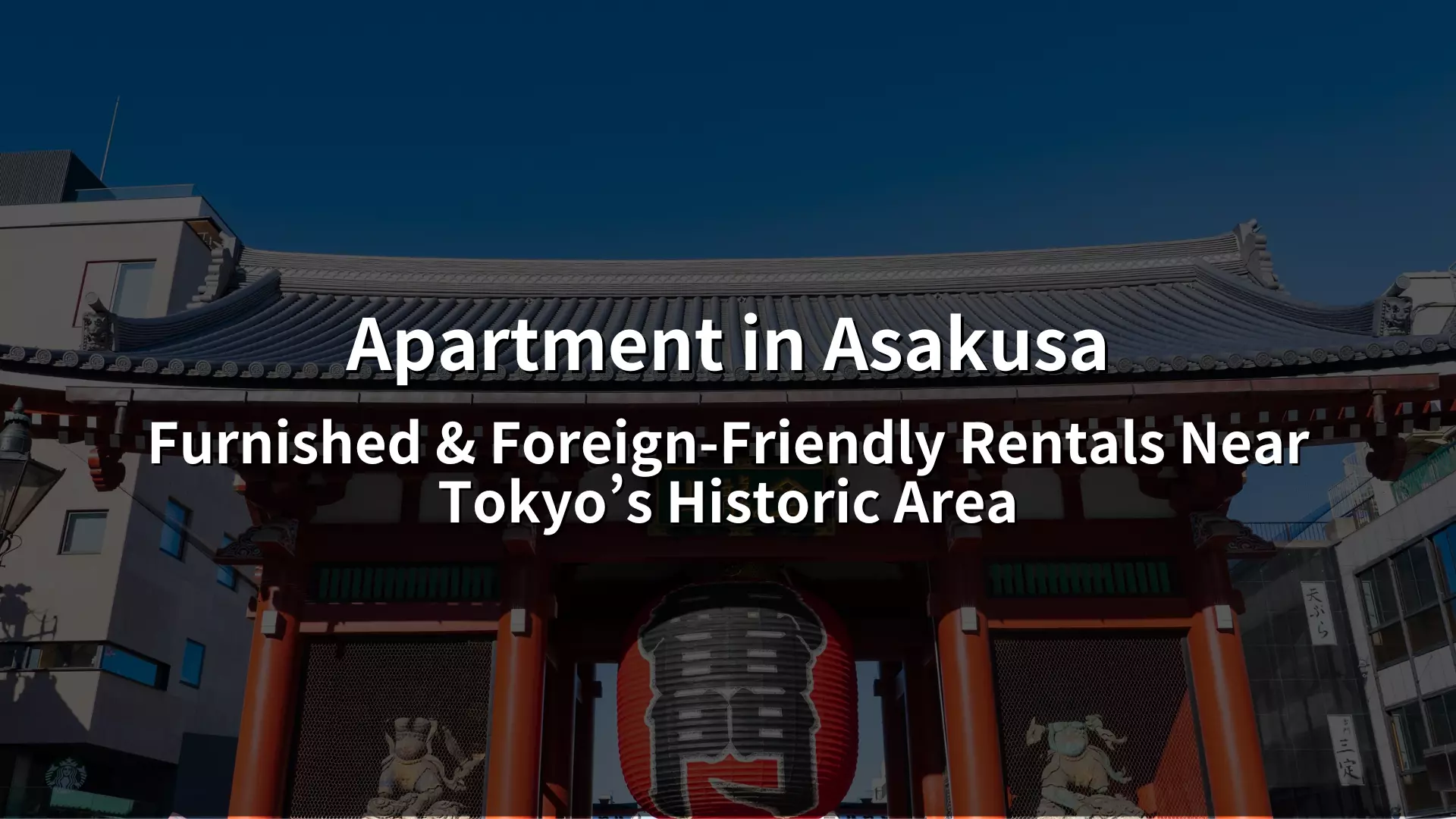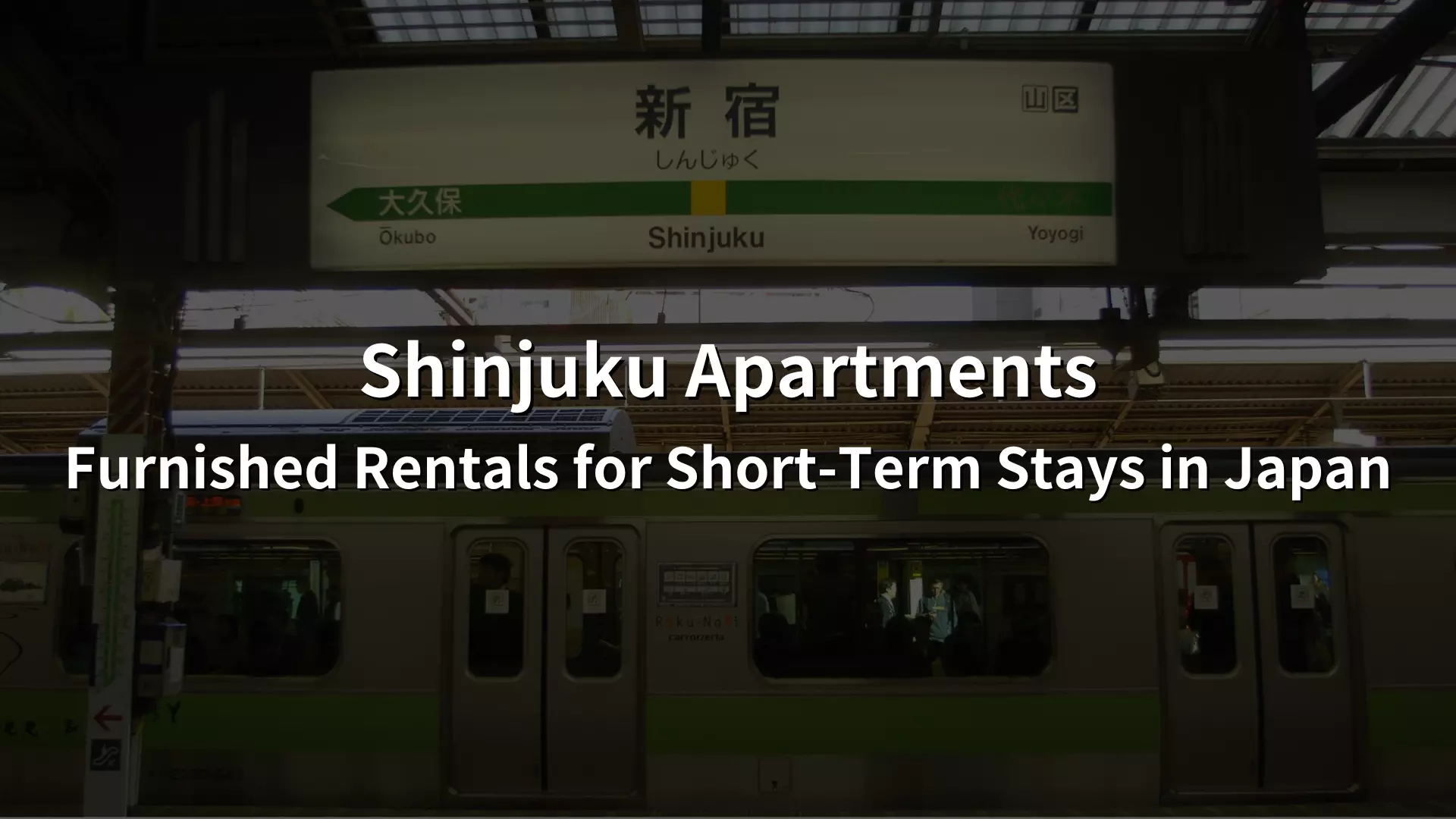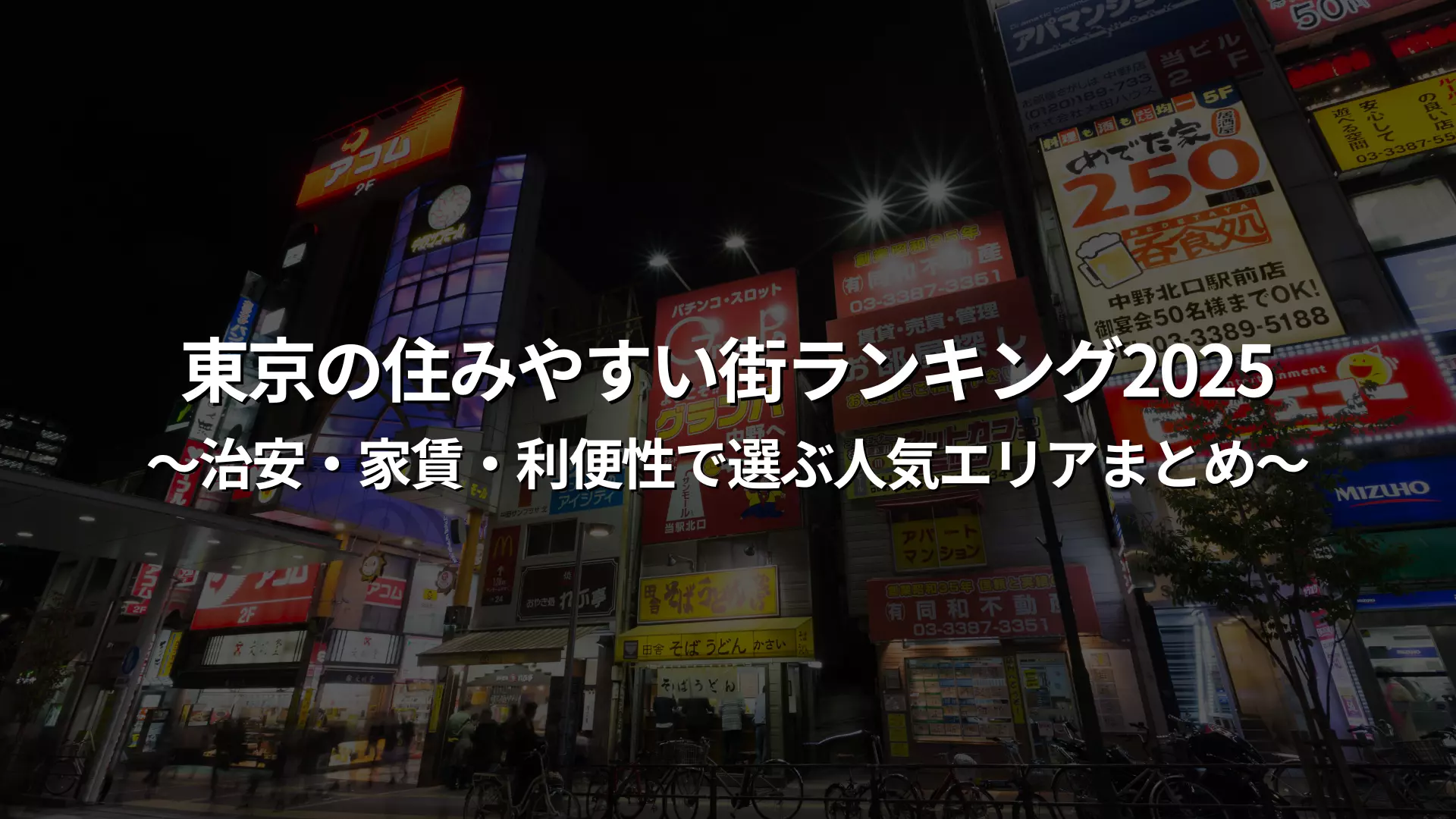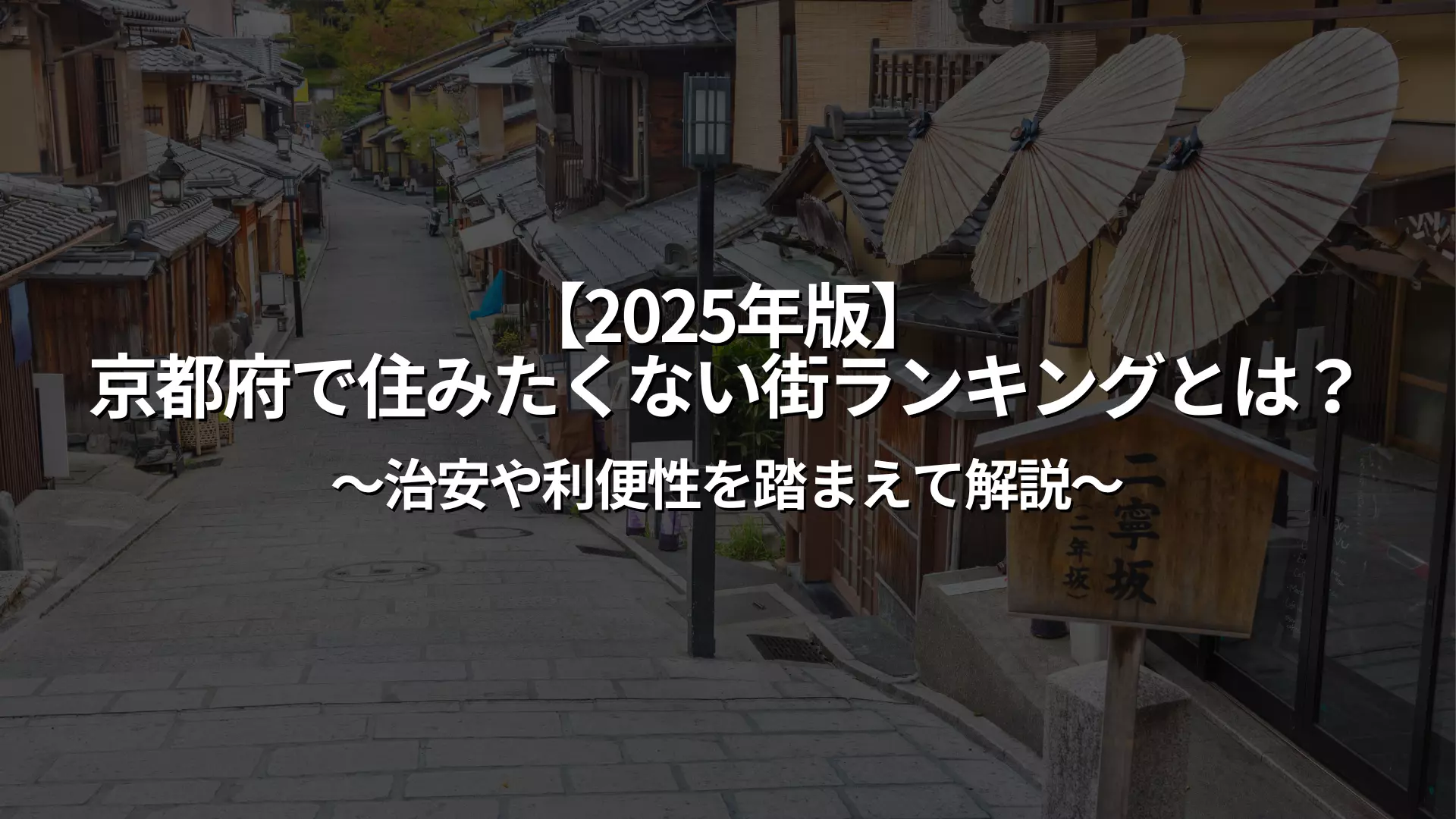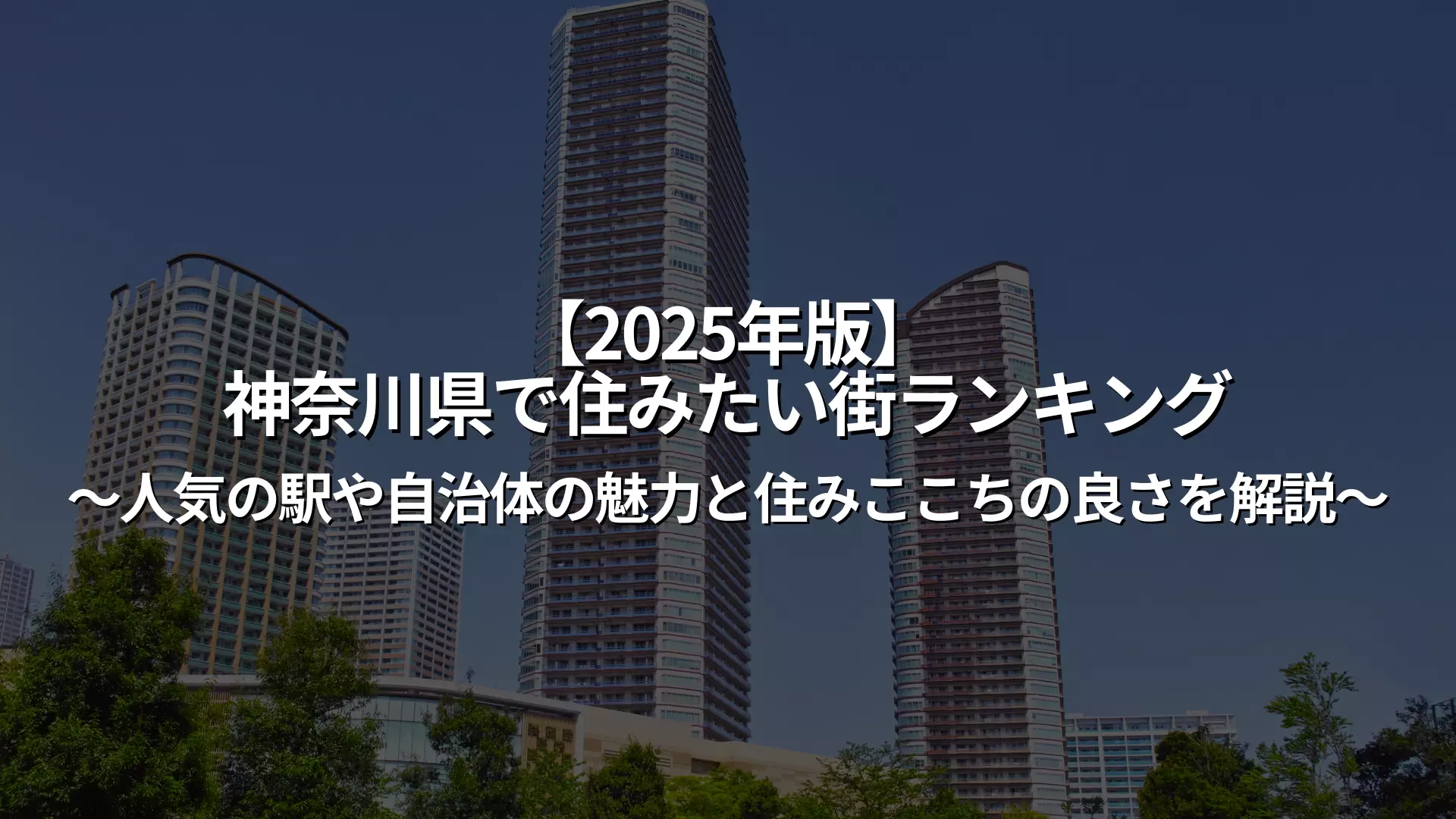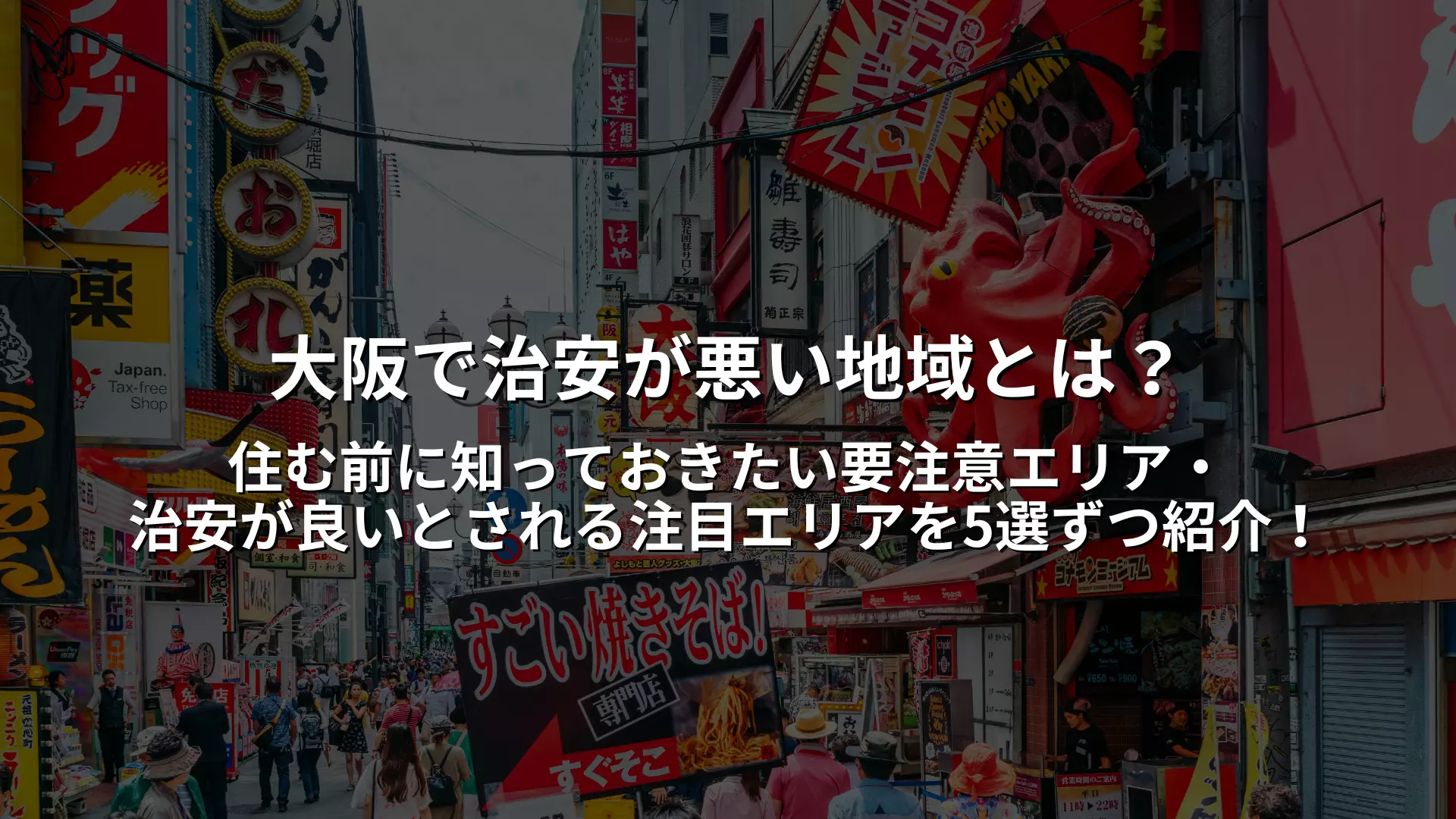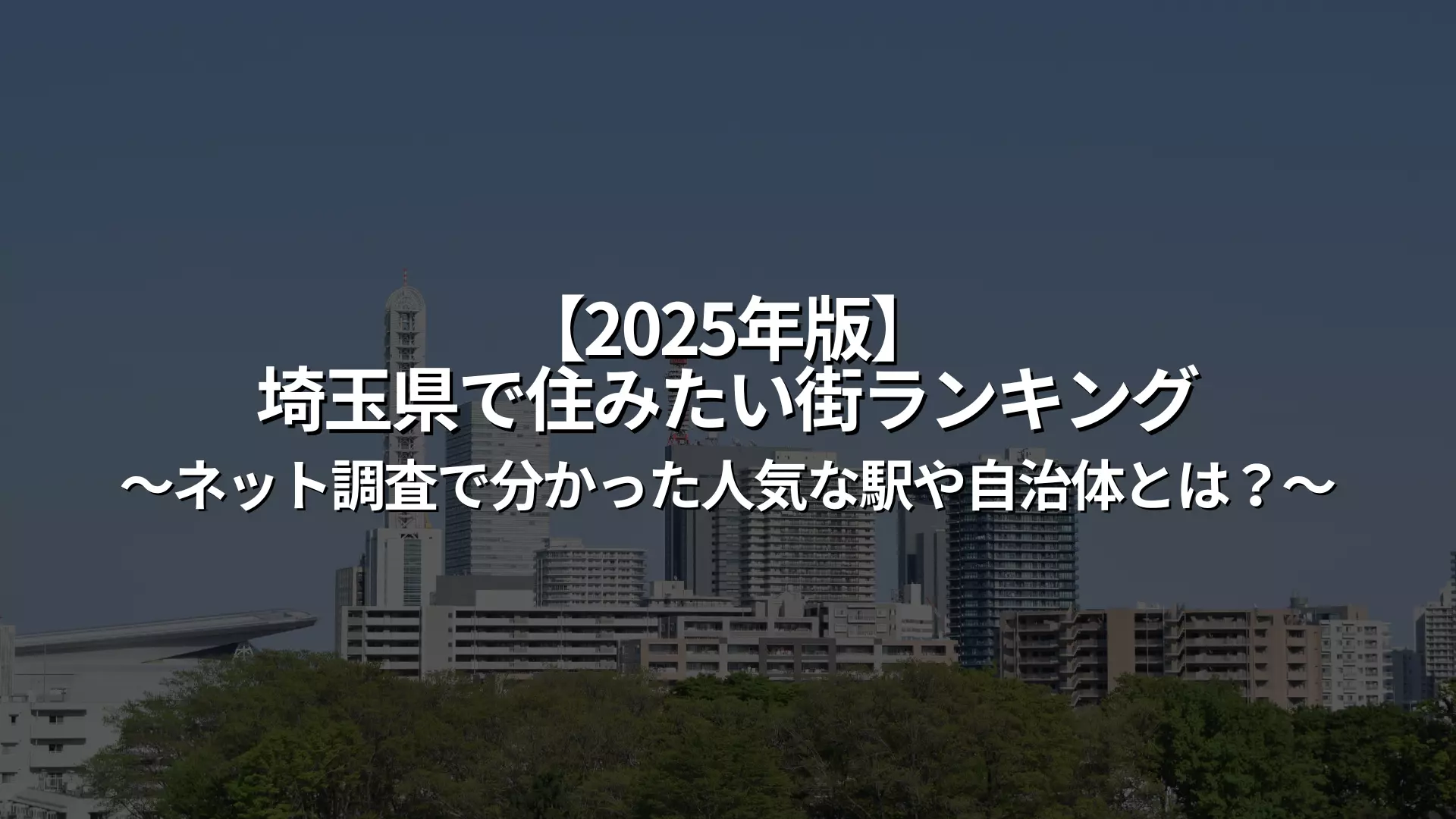Is an initial investment of 1 million yen really necessary when moving out on your own for the first time?
It is often said that you will need 1 million yen as initial costs to live alone, but this may be a bit of an exaggeration and the actual cost will vary from person to person.
The initial costs include a deposit, key money, and agent fees, which are equivalent to four to five months' rent, as well as moving expenses and the cost of purchasing furniture and appliances.
For example, if you choose a property with a high rent in an urban area, it is true that these costs can add up and end up costing nearly 1 million yen. However, it is entirely possible to keep initial costs down to the 500,000 yen range by looking for a property with no deposit or key money, using second-hand furniture, adjusting the time of your move, and taking other measures.
Many people become anxious when they hear that they need 1 million yen, but it depends on the case. First of all, it is important to understand the breakdown of the costs and choose a lifestyle that suits you.
Is 1 million yen too expensive for the initial cost of living alone? Check the average amount and guidelines
The average initial cost of living alone is about 500,000 to 700,000 yen. This includes the deposit, key money, agency fee, and advance rent when signing the rental contract, as well as moving expenses and the minimum amount of furniture and appliances.
If rent is high in a particular area, this amount will also increase, but even so, anything over 1 million yen can be considered a bit on the high side.
In particular, by utilizing "zero-zero properties" that do not require a deposit or key money, or properties with free rent, you can significantly reduce initial costs. The reality is that there is no need to forcibly prepare 1 million yen.
What is the case of someone who actually spent 1 million yen on initial costs to live alone?
Cases in which initial costs can reach 1 million yen mainly involve multiple conditions, such as living in a popular area in the city center, purchasing all new furniture and appliances, and moving during the busy season.
For example, let's take a look at a property with a rent of 80,000 yen.
- Deposit and key money: 1 month's rent
- Brokerage fee: 1 month
- Moving expenses: 100,000 yen
- Furniture and appliance purchase: 300,000 yen
- Total: approx. 900,000 yen
If you include other expenses such as purchasing daily necessities and reserve funds, the total exceeds 1 million yen. By knowing these patterns, you can take measures to prevent unnecessary spending.
In many cases, the initial costs of living alone will be less than 1 million yen.
Many people keep the initial costs of living alone under 1 million yen. By choosing an area with low rent, looking for a property with no deposit or key money, and using second-hand or resale furniture and appliances, it is possible to keep the initial costs down to 500,000 to 700,000 yen.
You can also save a lot by moving on your own, avoiding unnecessary option contracts, etc. If you plan carefully in advance and limit your expenses to the bare minimum, "starting living alone for less than 1 million yen" can be a realistic goal.
What are the main initial costs of living alone?
In addition to rent, there are various other initial costs involved when starting to live alone.
The most representative items are as follows:
- Deposit, key money, and brokerage fee when signing a rental contract
- Moving expenses
- Purchase costs for furniture and appliances
- Preparation costs for daily necessities, etc.
In addition, you will need to set aside funds for living expenses that will be needed immediately after moving. In total, the initial costs will be around 500,000 to 1,000,000 yen, depending on the area and conditions. Knowing what expenses you will need in advance will help you make a reasonable moving plan.
Costs incurred when signing a rental contract (deposit, key money, agency fee, etc.)
The initial costs incurred when signing a rental contract are generally considered to be four to five months' rent.
Main Breakdown
- Deposit: This is a deposit used to cover the cost of restoring the property to its original state when you move out. It is usually about one month's rent.
- Key money: This is a non-refundable fee paid to the landlord when signing a contract, usually equivalent to one month's rent.
- Brokerage fee: Fee paid to the real estate agency, usually one month's rent plus consumption tax.
- Advance rent (for the current and following month)
- Fire insurance premium: 10,000 yen to 20,000 yen
- Guarantor company fee: Approximately 30% to 50% of the rent
Adding all these together can result in more expenses than you expected. If you want to keep costs as low as possible, we recommend that you actively search for and inquire about "zero-zero properties" that do not require a deposit or key money, or rental properties that are running a campaign. Initial cost conditions vary greatly depending on the property, so be sure to check the details with the real estate company before signing a contract.
Estimated moving costs
Moving costs vary greatly depending on the distance traveled, the amount of luggage, and the time of year you move. For a single person move, the average cost is around 30,000 to 50,000 yen for a short distance, and 80,000 to 100,000 yen for a long distance. Prices tend to rise during the peak season (March to April), so considering moving during the off-season can help you save money.
You can also reduce costs significantly by taking advantage of the light truck plan, or renting a car to transport your belongings yourself. It's also a smart idea to request quotes from multiple companies.
Purchase costs of furniture and appliances
It generally costs between 100,000 and 300,000 yen to purchase furniture and home appliances. At the very least, you will need a refrigerator, washing machine, microwave, bed, lighting, curtains, etc.
Using only new items will increase costs, but you can save a lot by using second-hand shops and flea market apps. You can also take advantage of "appliance rental" and "furnished properties."
Instead of trying to buy everything at once, you can cut down on expenses by buying only what you need first.
Initial purchase costs for daily necessities and supplies
When starting a new life, you will also need small daily necessities such as dishes, detergent, cleaning supplies, garbage bags, cooking utensils, bath towels, and shampoo.
Although each of these items is inexpensive, buying them all together will often cost between 20,000 and 50,000 yen. In particular, you will need kitchen utensils and cleaning tools right away, so make a list before you move and carefully select and purchase only what you need. You can save money by taking advantage of 100-yen shops and buying in bulk.
We also recommend purchasing additional items once you have actually started living alone.
Should I set aside money for the first month's living expenses?
When you start living alone, it is very important to set aside not only the initial costs but also the first month's living expenses.
Just basic monthly expenses, including rent, utilities (electricity, gas, water), food, communication (smartphone, Wi-Fi), and daily necessities, will cost around 100,000 to 150,000 yen. In addition, right after moving, there will be many small expenses such as purchasing additional furniture and appliances, curtains, and storage items, so it will be a time when you will spend more money than expected.
If you use up all your assets on initial costs, you may not be able to survive thereafter, so it is best to have at least one month's worth of living expenses, and ideally two months' worth, on hand. By making a financial plan with ample funds, you can start your new life with peace of mind, both mentally and financially. Don't forget to prepare your living expenses along with your estimate of initial costs.
Search for a room
Only furnished properties with appliances are listed!
Simulation of total initial costs by rent
The initial cost of living alone varies greatly depending on the rent of the property. Generally, the initial cost when signing a rental contract is roughly "4 to 5 months' rent."
If you add moving expenses and the cost of purchasing furniture and appliances to this, you will get a clear picture of the total expenses. Here, we will simulate the initial costs for three cases: rent of 40,000 yen, 70,000 yen, and 100,000 yen.
Please use this as a reference when choosing a rent range that suits your budget.
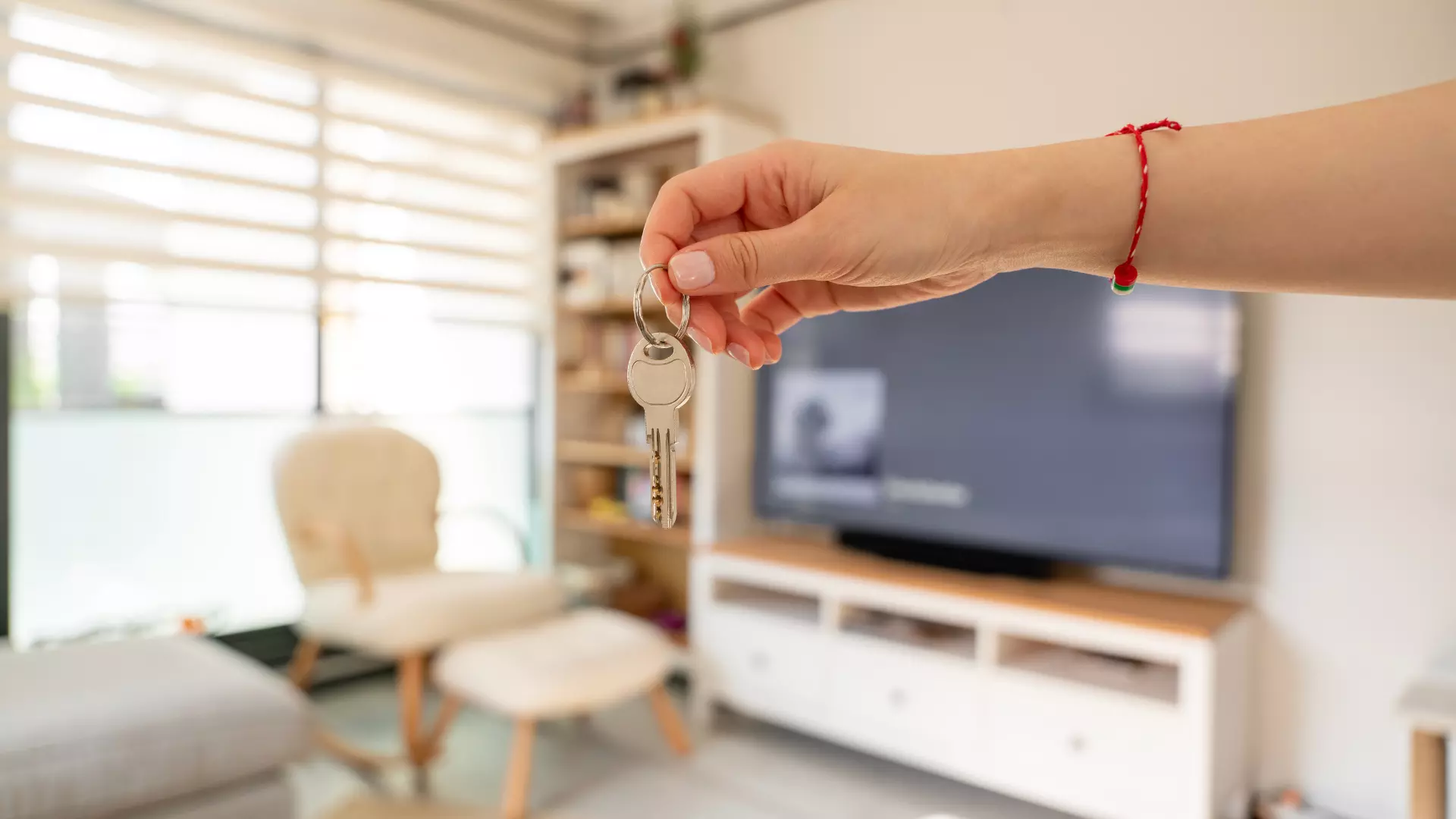
Case of rent of 40,000 yen
For a property with a rent of 40,000 yen, the initial costs at the time of signing the contract are approximately 160,000 to 200,000 yen (4 to 5 months' rent).
- Moving costs: Around 50,000 yen
- Furniture, appliances, and daily necessities: Let's assume these will cost around 150,000 yen.
- Total: Approximately 350,000 to 400,000 yen
Rent is cheap in rural and suburban areas, and there are many properties that do not require a deposit or key money, so this is a recommended rent range for those who want to keep initial costs down. With some ingenuity, it is possible to move in for less than 300,000 yen.
Case of rent of 70,000 yen
If the rent is 70,000 yen, the initial costs at the time of signing the contract will be approximately 280,000 to 350,000 yen.
- Moving expenses: 80,000 yen
- Furniture and appliances: Let's assume these will cost around 200,000 yen.
- Total: Approximately 550,000 to 650,000 yen
This is a popular price range for people considering living alone in urban areas, and you can find a well-balanced option in terms of location and facilities. However, in popular areas, the deposit and key money may be set higher, so you should pay close attention to the contract terms.
Case of 100,000 yen rent
For a property with a rent of 100,000 yen, the initial costs are often around 400,000 to 500,000 yen.
- Moving expenses: 80,000 to 120,000 yen
- Furniture and appliances: 200,000 to 300,000 yen
- Total: 700,000 to 900,000 yen
This rent range is chosen by people who are particular about facilities and location, and those who are luxury-oriented, but the initial investment is also large. Furthermore, living expenses tend to be high, so it is important to consider the balance with ongoing income. This is a case for people who want to start living alone with plenty of room to spare.
How to keep initial costs under 1 million yen
The initial costs of living alone can be kept under 1 million yen if you get creative. In particular, you can expect to make significant savings by being creative with the costs associated with the rental contract, how you purchase furniture and appliances, and the timing of your move. Particularly effective options include properties with no deposit or key money, rentals with free rent, taking advantage of the off-season for moving, and making effective use of second-hand goods. Another option is to live in a shared house, which can help reduce the burden in terms of both initial costs and living expenses. We will explain each item in detail below.
Search for properties with no deposit or key money
Deposits and key money are some of the major expenses incurred when signing a rental contract, but recently there has been an increase in "zero-zero properties," which do not require a deposit or key money.
For example, if you are looking for a property with a rent of 100,000 yen, you would normally need to pay 200,000 yen in deposit and key money, but you can save this amount just by looking for a zero-zero property. If you want to reduce your initial costs significantly, it is effective to include such properties in your search criteria. Some real estate agencies also have search services that specialize in zero-zero properties, so be sure to make use of them.
Take advantage of free rent and campaign properties
A "free rent property" is a rental property where the rent is free for the first one to two months after moving in.
This will help you to reduce the burden of prepayment and first month's living expenses. In addition, some properties with campaigns may offer special benefits such as discounts on brokerage fees and free home appliances.
If you use these effectively, you may be able to save over 100,000 yen on your initial costs. Check the conditions of "free rent" and "campaigns" on rental search sites to find a property that will keep your initial costs as low as possible. By keeping your initial costs down, you can also save some money for your future lifestyle.
Save money by choosing the right moving company and time
Moving costs vary greatly depending on the time of year you request the move and the company you choose. March and April are particularly busy periods when many people start new lives or transfer to new jobs, and it is not uncommon for the cost to be 1.5 to 2 times higher than in normal periods. If you want to keep costs as low as possible, it is effective to plan your move during the off-season, such as May to September or November to January.
Another tip for saving money is to not limit yourself to one moving company, but to use a bulk quote site to compare the prices of multiple companies. Some companies offer great deals such as "single-person packs" and "no designated time plans." You can also reduce costs further by reducing the amount of luggage you bring, scheduling your move on weekdays, and using free services.
Moving can vary greatly depending on the timing and choice of plan, so start preparing early and find the best plan for you.
Utilizing second-hand furniture and appliances
A complete set of new furniture and appliances will cost around 200,000 to 300,000 yen, but if you use second-hand items, you can get it for less than half that price. You may be able to find good quality furniture and appliances at a low price at a second-hand shop or on a flea market app (such as Mercari or Jimoty).
In particular, when it comes to large appliances such as refrigerators, washing machines, and microwaves, simply choosing older or second-hand items can lead to big savings. If you want to keep your initial costs down, using second-hand items is a very effective way to do so.
Considering a shared house
If you want to significantly reduce the initial costs of living alone, living in a shared house is an option worth considering.
Many share houses do not require a deposit or key money, and furniture and appliances are already provided, so you don't have to make large expenses immediately after moving in. In addition, most share houses have a "flat rate" system where water, electricity, gas, and internet fees are included in the rent, which is a major benefit as it makes it easy to keep track of your monthly living expenses. You can also save the money you save on initial costs.
The contract period is more flexible than normal rentals, and in many cases you can move in for just a few months, making them popular as a short-term stay or temporary housing for job changes or transfers. It is especially recommended for people who want to keep the cost of living alone low in urban areas where rent is high. In recent years, the number of stylish properties with good design and facilities has increased, attracting attention especially from young people. If you value cost-effectiveness, you should definitely consider living in a share house.
Search for a room
Only furnished properties with appliances are listed!
[Real Experience] Actual initial costs of living alone
The initial costs of living alone vary greatly depending on the area you live in, the property you choose, and your lifestyle. Here, we will introduce the experiences of three people who have actually started living alone to show you what costs are involved and where the differences lie.
By knowing the actual numbers and the background to the choices made, you will be able to get a more concrete image of your moving plans.
A university student, living alone for the first time
Mr. A, who started living alone to attend university in Tokyo, chose a one-room apartment with rent of 70,000 yen.
The initial costs for signing the rental contract were about 300,000 yen, moving expenses were 60,000 yen, furniture and appliances were 150,000 yen, and daily necessities were about 30,000 yen, totaling 540,000 yen.
Although the property required a deposit and key money, they were able to stay within their budget by purchasing some second-hand furniture and appliances. Mr. A said, "I wanted to keep costs down as much as possible, but I also prioritized safety and chose a relatively new property."
Mr. B, an office worker who moved to Tokyo from the countryside
B, an office worker who was transferred from a rural area to Tokyo, chose a property near a station with a rent of 90,000 yen, prioritizing the convenience of commuting. The rental contract costs, including the deposit, key money, brokerage fee, guarantor company fee, fire insurance, etc., were about 450,000 yen. In addition, moving expenses were 120,000 yen, all furniture and appliances were new, so 300,000 yen, and daily necessities were about 30,000 yen, totaling about 900,000 yen.
"It was a satisfying start, but it ended up costing more than we expected," he said.
What were the tactics that Mr. C used to save money and keep his expenses under 500,000 yen?
Mr. C, who wanted to keep initial costs as low as possible, chose a property with no deposit or key money and a rent of 50,000 yen.
The initial rent burden was reduced with one month of free rent, and the signing fee was just 180,000 yen.
I kept the total cost of furniture and appliances to under 70,000 yen by using Jimoty and donations from acquaintances. I rented a light truck and moved by myself, which cost about 10,000 yen. I also used 100 yen shops for daily necessities, so the initial cost in total was about 470,000 yen.
He realized that if you put in some effort, you can make it this cheap.
summary
It is often thought that the initial costs of living alone are around 1 million yen, but in reality this varies greatly depending on the area you live in, the rent, the conditions of the property, the method of moving, and other factors.
The average price is about 500,000 to 700,000 yen, and it is quite possible to keep the initial costs below 500,000 yen if you use various methods. Initial costs tend to be cheaper for properties in rural areas and suburban areas, so it is also effective to choose an area according to your budget. The appeal of living alone is that you can start with peace of mind if you remember the key points, even if you don't force yourself to prepare 1 million yen.
First, understand the necessary expenses and create a reasonable financial plan that suits you. If you prepare in a planned manner, you will be able to start your new life with financial and mental ease.

